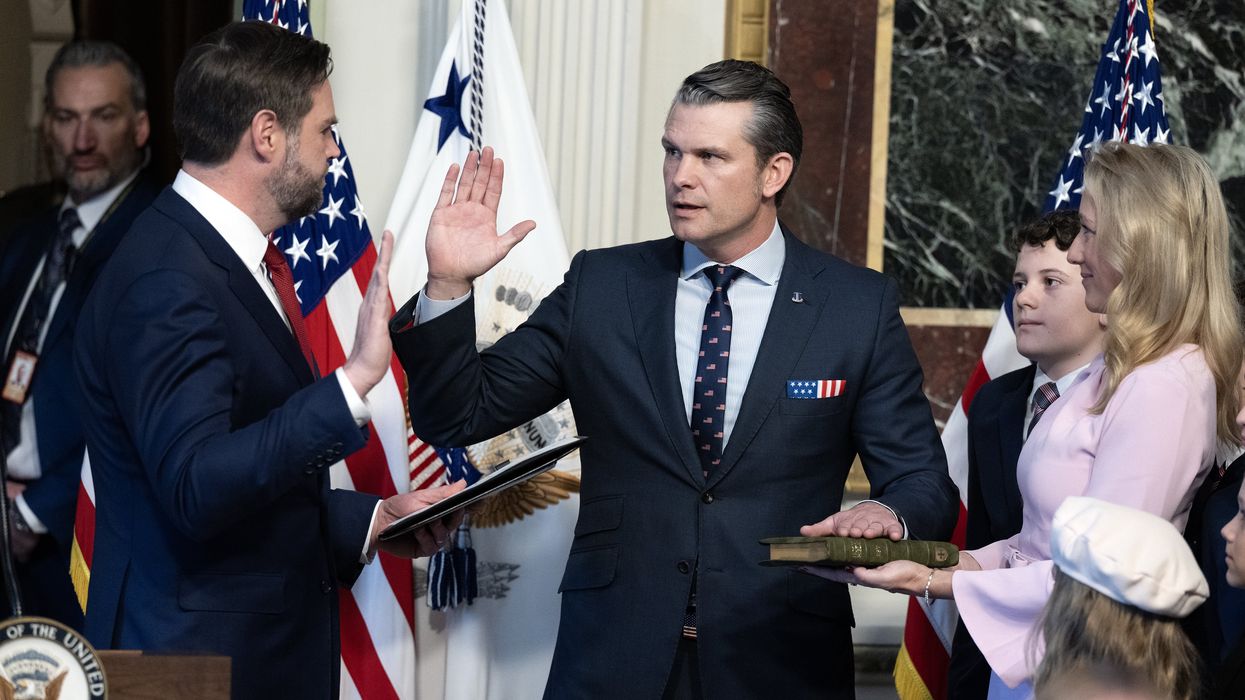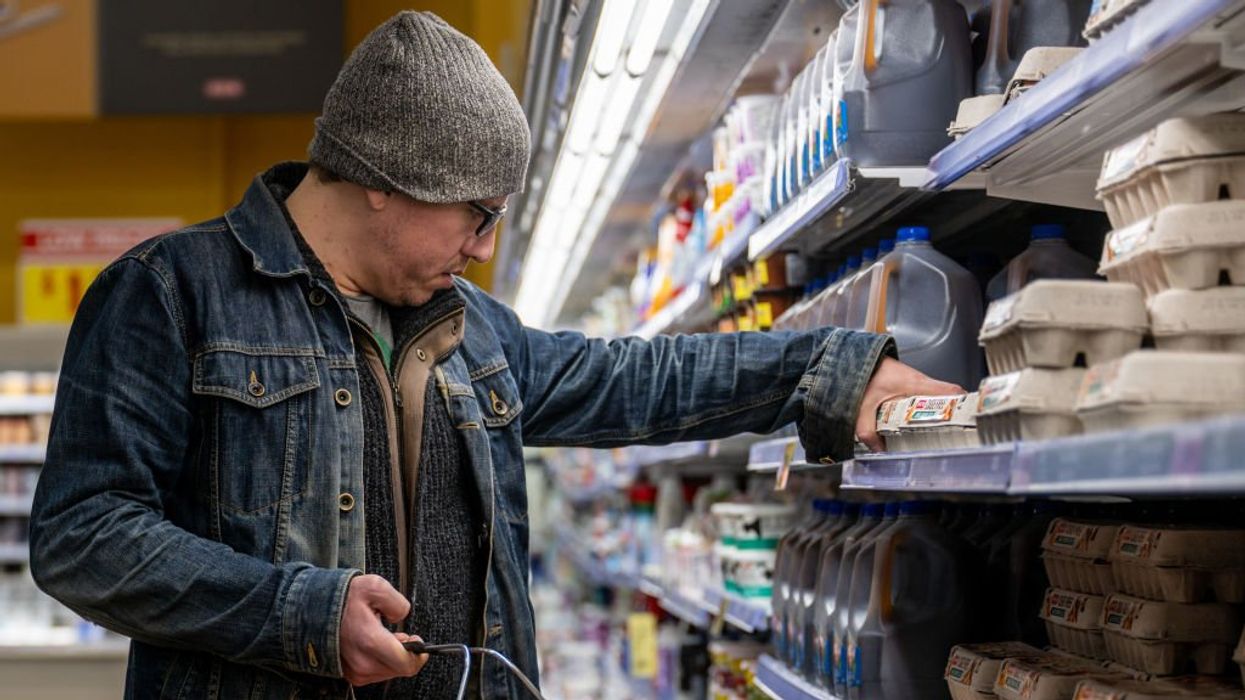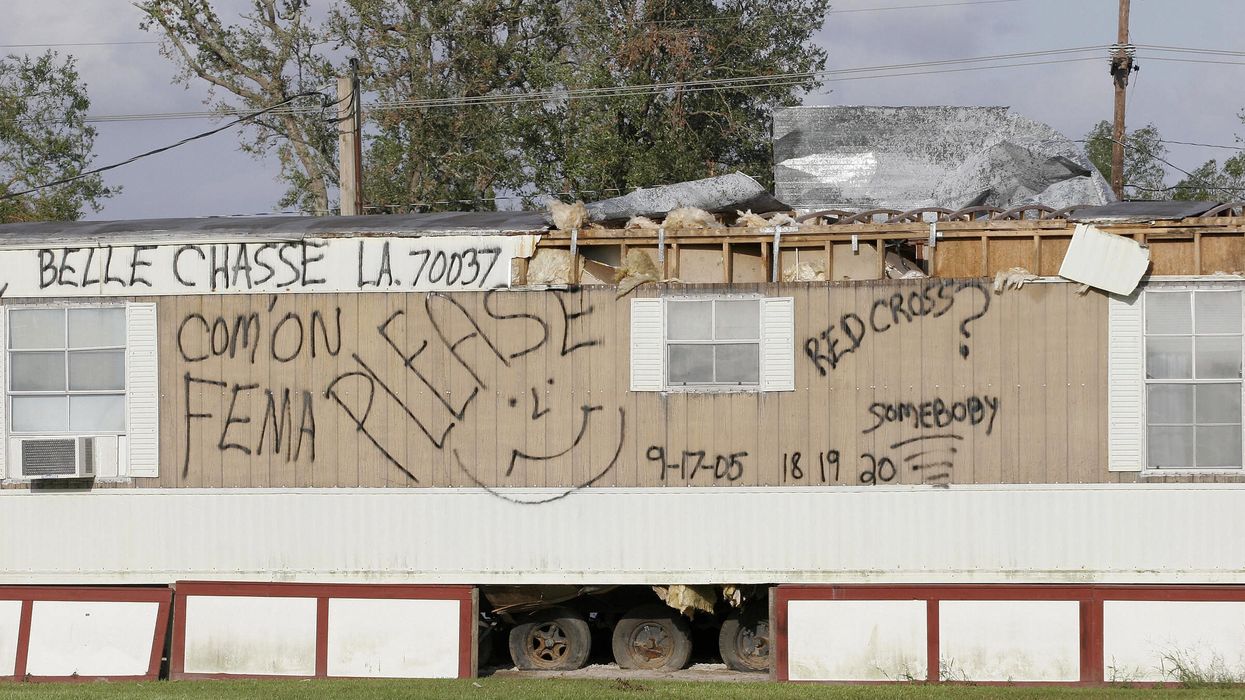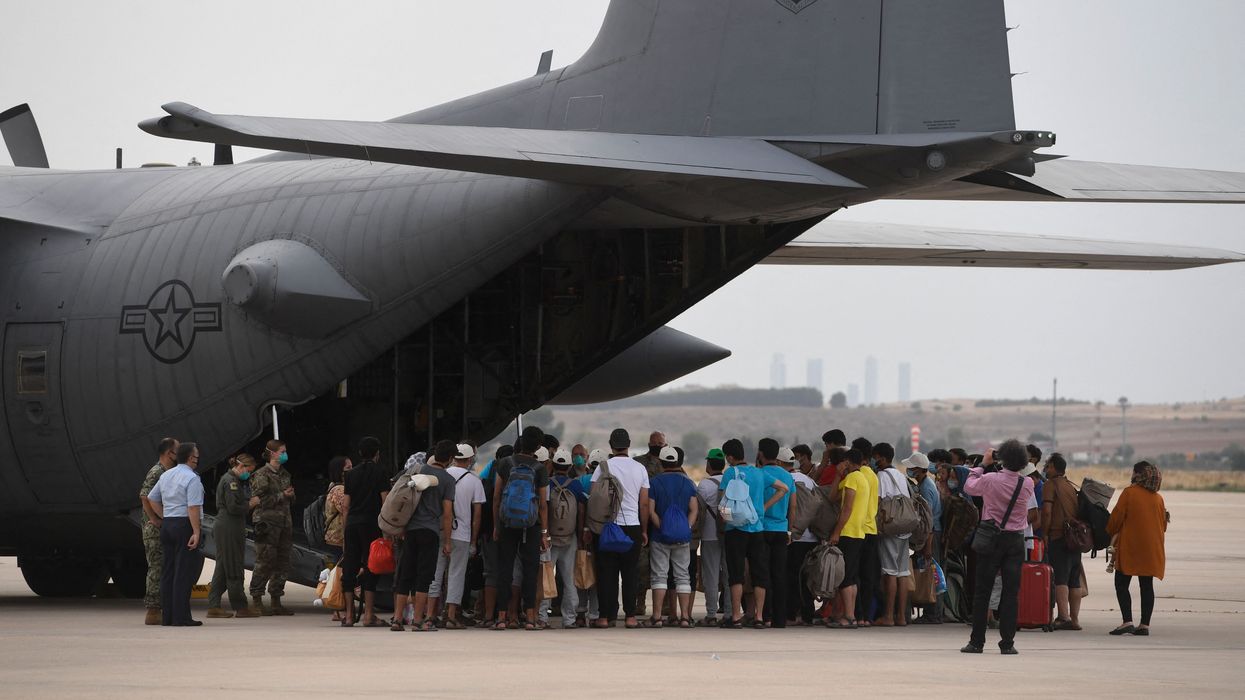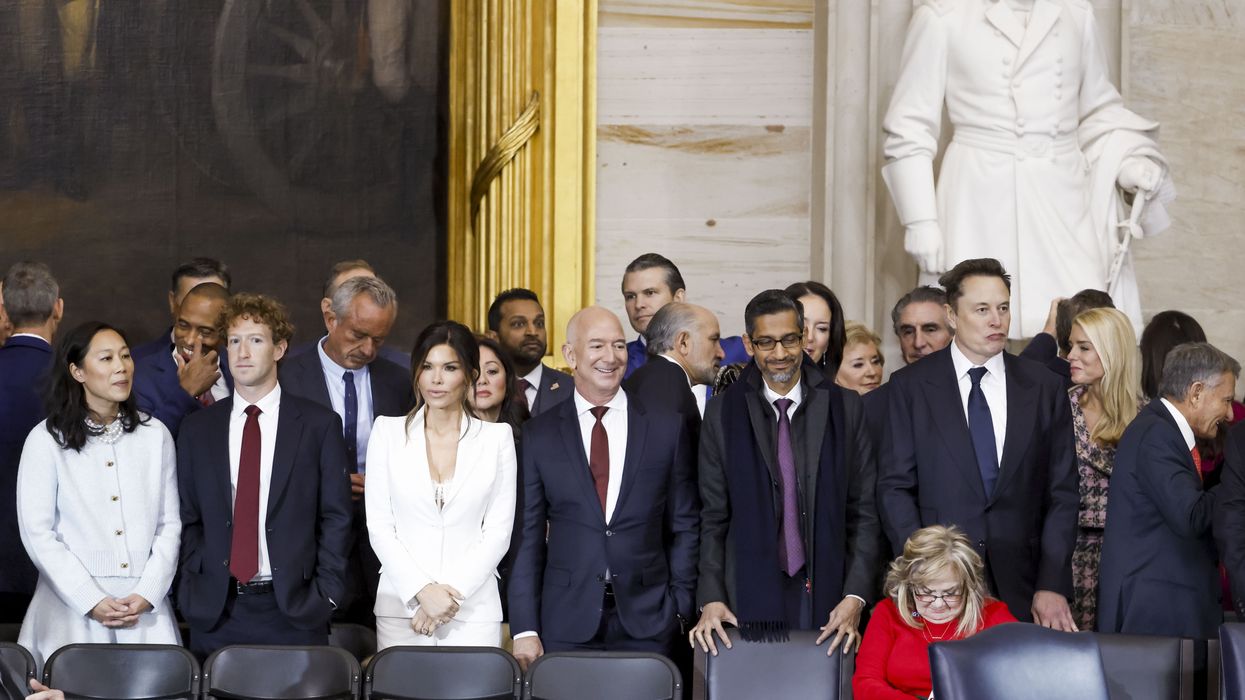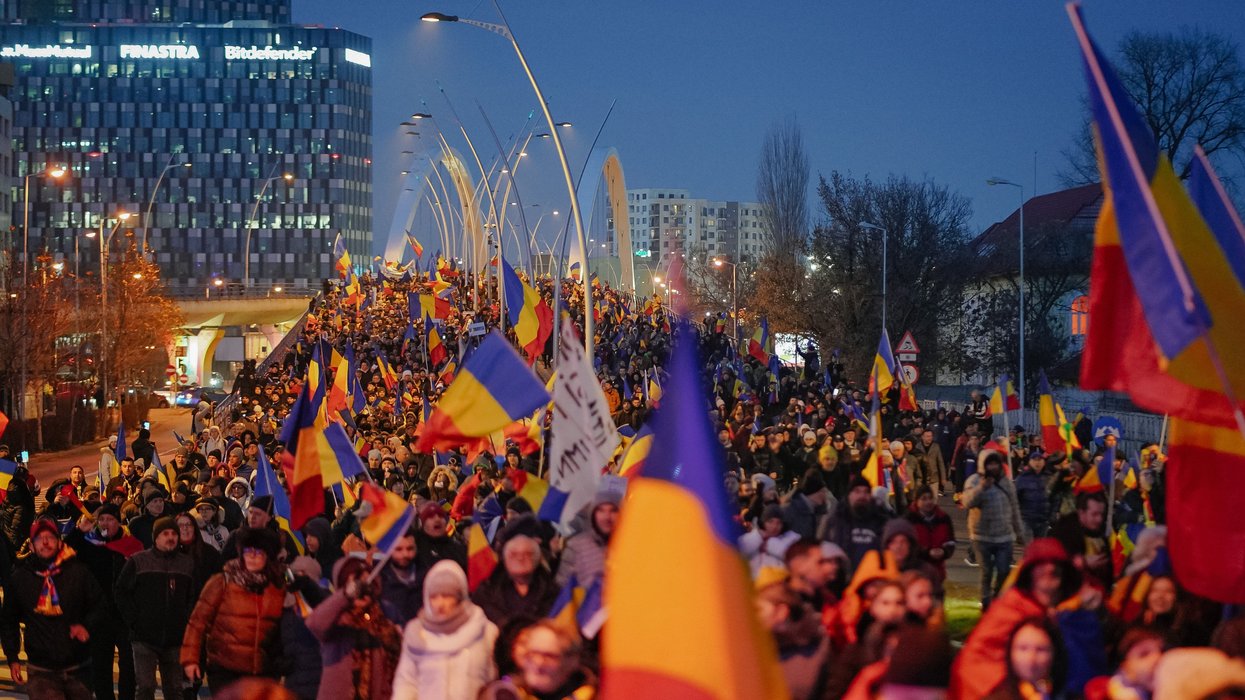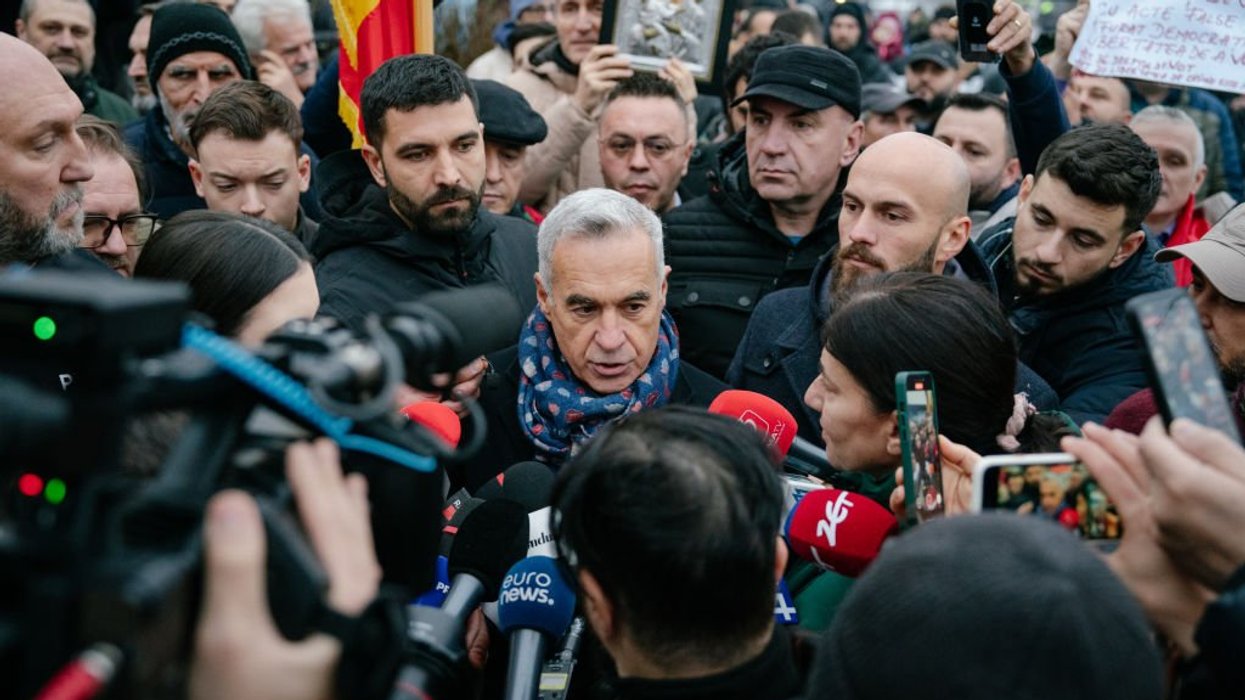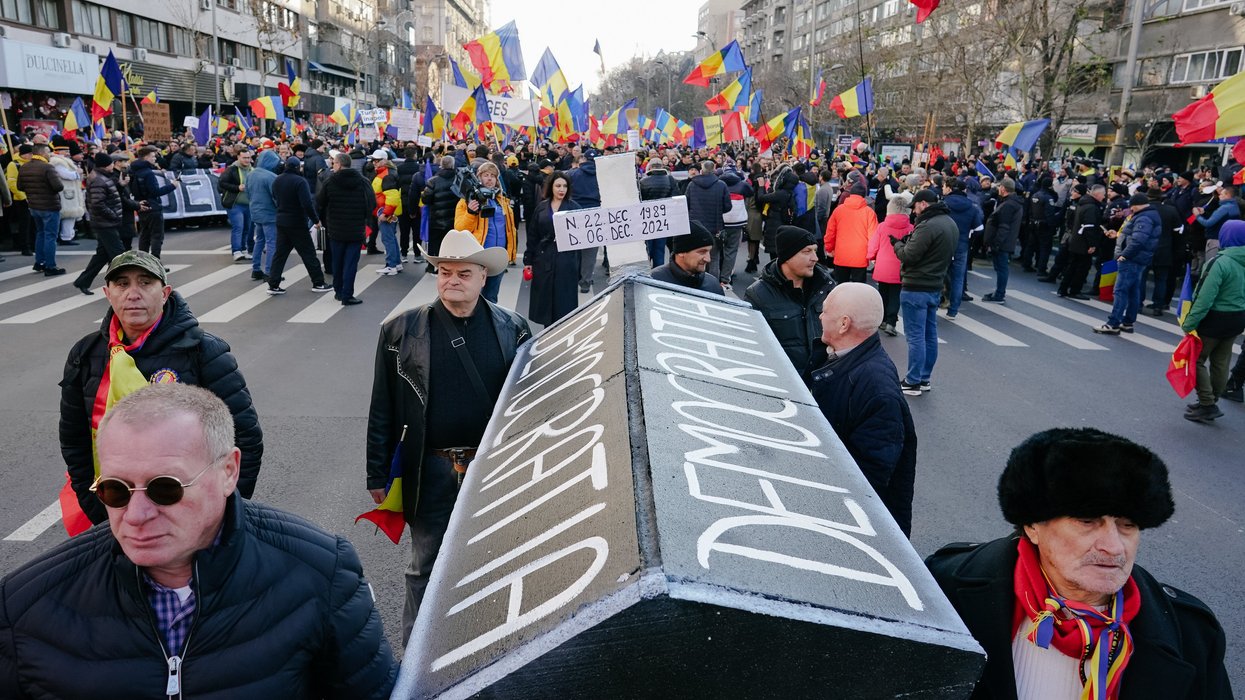Filling in on The Glenn Beck Program today, Doc Thompson and Skip LaCombe outlined new details that have emerged about the San Bernardino terrorists, including their ties to a local mosque and the real plan they were hoping to execute in California.
The FBI has questioned Roshan Zamir Abbassi, the cleric acting as spokesman for the San Bernardino mosque where terrorist Syed Farook worshipped, and his claims that he barely knew Farook and didn’t know his terrorist wife at all. However, the evidence casts doubt on this story.
Phone records show a flurry of communication with Farook, including at least 38 text messages over a two-week span in June, coinciding with the deadly Muslim terrorist attack on two military sites in Chattanooga, Tenn.
Abbassi, a Pakistani, insists he had nothing to do with the shooting at a San Bernardino County government building five miles from the mosque. While he confirms the text messages with Farook, he claims they were merely discussing food donations for his Dar-al-Uloom al-Islamiya of America mosque.
"Thirty-eight messages on food donation over the course of two weeks?" questioned Skip. "I mean, if that's the case . . . I would think that wouldn't take anymore more than four messages tops."
Doc was more generous, thinking six messages would do the trick.
"You did say Tuesday here at the mosque at 4 o'clock, right?" Doc posed. "Okay, just to confirm one more time how many do you need, right? Okay. I may try to get some other people to donate. Is that cool, too? Okay. That's like six messages."
More troubling, though, was a plan revealed by Farook's former neighbor who has since been arrested for purchasing weapons used in the deadly San Bernardino attack.
"Their plan---at least one of their plans---was to use explosive devices on a stretch of highway . . . that had very few exits in Southern California to trap people on the highway," Doc explained. "Then they would use explosive devices to blow up a car or cars that would block people on the highway."
The plan also included Farook walking among the cars and shooting people. The neighbor was going to be positioned in the hills near the highway as a sniper to take out law enforcement, security or emergency crews.
This type of plan is shocking and very different from a 9/11 style attack. It's personal and up close, and should be a wake up call for every American.
Listen to the exchange below beginning around 48:28:
Below is a rush transcript of this segment, it might contain errors.
DOC: By the way, new information on the San Bernardino terrorists. Apparently, the spokesman/cleric for the San Bernardino mosque where Farook, the husband would worship, do you remember when he was supposedly married there and there was some question about that. And he worshiped there. And right after this happened, the mosque was like, "Whoa whoa, we don't know if he was married here." And then they distanced themselves. "We don't know. He could have come here. But we're not part of that." And I get that.
Hey, if you're Muslim in America and you're not causing any problems, you're an American, you just want to live your life and be left alone, yeah, this stuff is pretty annoying when everybody wants to prented or cast you in the light that you're a terrorist as well. So I understand if a mosque is going, hey, that's not us. We don't want any trouble.
I get that. The problem is, the feds have uncovered some things that seem like the mosque knew him pretty well. It seems like -- you know what, I'm going to let you be the judge. I'm going to present you some information and you tell me if, you know, maybe you think they kind of knew each other.
SKIP: All right.
DOC: Because the spokesman said he barely knew Farook. In fact, when he was talking to reporters, he didn't know them better than a lot of the reporters in the room.
So the feds say that the mosque is just 5 miles from the attack site. So it's pretty close and he used to go there.
SKIP: That in itself is probably not too much.
DOC: They have a record of them being married there.
SKIP: Okay.
DOC: That's a little bit more.
SKIP: But I'm sure there's a lot of weddings there.
DOC: You don't necessarily know everybody. Farook was supposedly there all the time. He had been going to pray there at least three to four times a week for two years.
SKIP: Okay. Now you're starting to get a little more familiarity with him.
DOC: Hey, that's that guy that's always here praying. But there's probably a lot of other people praying. Still though, you're adding this up, it's looking kind of rough for them. But still --
SKIP: No like smoking gun yet though.
DOC: This cleric exchanged at least 38 messages over a two-week span in June.
SKIP: Okay. See, that right there, that piece right there, that's going to be damning.
DOC: Skip, it's only 38 messages in two weeks.
SKIP: No, see, any person I've exchanged 30-some-odd messages with over --
DOC: That's not even 20 messages a week. I mean, what is that? Three messages a day if you average it out.
SKIP: Yeah, that's going to be at least a little more familiarity.
DOC: You're telling me that with anybody you've exchanged 38 messages over a two-week span -- text messages with, you know them pretty well?
SKIP: A little more familiarity, I'm going to go ahead and say. I know them pretty well.
DOC: By the way, during this span, this was during the same time period that the attack happened in Chattanooga. The terrorist attack. What's the matter?
SKIP: Those types of attacks. You'll probably be uber aware of correspondence and people you're corresponding with. Particularly in a mosque situation. Because they deal with these types of fears of profiling or being associated with -- yeah, you'll probably have a little extra guard.
DOC: You're thinking that looks bad for him. So during a two-week period in June that was during the time of the attack, the terrorist attack in Chattanooga, Tennessee, which was a Muslim extremist, this spokesperson from the mosque exchanged at least 38 text messages with Farook.
SKIP: Now, what were the texts? OMG. LOL. You see this? WTF. Or what?
DOC: They have not released. I don't know if the feds have the information yet. Theoretically, they would be able to see what the texts were. I have not seen them yet.
SKIP: Of course they would.
DOC: But the cleric claims they were merely discussing food donations for the mosque.
SKIP: Thirty-eight messages on food donation over the course of two weeks? I mean, if that's the case you truly are just trying to get information on, hey, where can I drop off the canned goods? I would think that wouldn't take anymore more than --
DOC: Tuesday at 4:00 here at the mosque. Right?
SKIP: I'll give you four messages tops on that.
DOC: You did say Tuesday here at the mosque at 4 o'clock, right, that's what you said? Okay. Just to confirm one more time -- how many do you need, right? Okay. I may try to get some other people to donate. Is that cool too? Okay. That's like six messages.
SKIP: Hey, listen, I know you said canned goods, but can I bring some of those pouched goods? Pouched tuna. I know they're not canned though. Is that okay?
DOC: Something like that. Okay. That's like eight messages. What about the other 30?
Now, here's the thing, they're not claiming these messages were part of the terrorist attack at this moment. In other words, they're not pointing the finger at the cleric going, a-ha! You were in on the terrorist attack. They aren't doing that yet.
SKIP: I think they're just trying to prove that they did in fact have more of a relationship than he's trying to --
DOC: That's what I'm saying. So 38 messages, even if it's about food donations, you had a relationship with this person. I mean, if you were the cleric and this guy is like -- I'm getting another message from him about the food donations. This is like 14. Hey, Farook is texting me again, Skip. Just look at this. I would be going to Skip. Look at this. How many times do I have to tell him it's canned goods? This is the eighteenth message. Look at this. I would be bitching to you. Right?
SKIP: Yeah. But then again, you would remember that and hold that as well. I mean, yeah, we exchanged blah, blah. You wouldn't have to come out and say, yeah, we were best friends.
DOC: Right.
SKIP: I would be like, yeah, I knew the guy. He was a nut.
DOC: He wouldn't leave me the hell alone. I told him about the canned goods.
SKIP: If anything, that could work in your favor. Yeah, I know him. He was a jackass.
DOC: There's a little more information. This cleric said he didn't know Farook's wife at all. He said he barely knew Farook. Didn't know his wife at all.
There's a long-time member of the mosque.
SKIP: I'm sorry, what's that name again?
DOC: (foreign language). I don't know if that's a man or a woman. Claimed that they prayed shoulder to shoulder with Farook and his wife. And went to the couple's wedding last year at the mosque.
So that would indicate that this cleric knew Farook's wife. Didn't know her at all.
SKIP: At least some familiarity.
DOC: Right? So then you have to ask yourself: Why are you denying this?
I understand that you know people -- I understand being a little paranoid if you think everyone is looking at you even if you're not a terrorist and you happen to be Muslim. I understand that you're -- okay. They all think I'm a terrorist here. So I don't want to do anything. So let me just say I didn't know the guy.
But aren't you smart enough to realize that looks even worse for you instead of being honest and saying, listen. It's one thing to downplay it. But if you exchanged messages like that, there's no downplaying it. People are going to know.
SKIP: No, it just makes you look guilty.
DOC: That's what I'm saying. So let's say the cleric in this mosque had some sort of a relationship with Farook, but not much of one. He could have said, yeah, he worshiped here. I knew him a little bit. They had their wedding here. You know, we had exchanged messages. He tried to come up with some food donations. Whatever. I didn't know him well. I mean, there are many people that come to this mosque that I have a similar relationship with. You know, we didn't see each other outside of the mosque or anything like that. Then I would go, okay. That makes sense. But when you start going, nope. I didn't know his wife at all.
SKIP: Who? Farook.
DOC: Oh, the guy with the canned goods. Right? I mean, at some point it just makes you look guilty.
SKIP: It makes you look guilty, yeah.
DOC: That's not going to be good for him there. You have to wonder, was anybody else a part of this? You know just before we were off for break, so prior to last week, the neighbor -- they finally arrested the neighbor, the one who bought the two long guns and then gave them to Farook, who was planning a terrorist attack with him in 2011 and '12.
SKIP: I would have a hard time believing that. I mean, because of that, because of this neighbor, they were planning HEP an attack on a highway. I mean, that clearly proves to me, I think, that Farook spoke about this stuff with some regularity. So I would have to think, I would be surprised to find out that nobody else in that mosque, that not a single other person knew that they had something planned.
DOC: Interesting thing about this friend, the former neighbor who has been arrested now. He claimed that they had this terrorist plan. The plan they were working on is shocking. And this is the thing that should really frighten all Americans. I'm not somebody that is given into hysterics. I think we have to live our lives or the terrorists win. But it should be shocking when you hear what they were planning.
Their plan, at least one of their plans, was to use explosive devices on a stretch of highway. Now, I don't know if it was a particular stretch that they had already planned out for. But they were looking for at least a stretch of highway that had very few exits in Southern California to trap people on the highway. Then they would use explosive devices to blow up a car or cars that would block people on the highway. And, again, you wouldn't be able to get off once traffic started backing up.
At that point, Farook was going to walk among the cars and start shooting people in their cars or if they fled. The crazy neighbor was going to be positioned in the hills near the highway and began -- begin sniping law enforcement or security or safety or emergency crews as they tried to help people.
This was their plan. Now, why that should be shocking, of course, that's a terrorist attack, so it should be shocking in itself. But when you look and realize that these are the new terrorists many America. Many people, I think including even the president and maybe even George W. Bush before he left office, and many people that are advising them, still believe that terrorism in America is going to come in the form of a plane flying into a building or something similar.
Remember, prior to 9/11, the only fear you had of somebody taking an aircraft or blowing up or terrorism on an aircraft was it being hijacked because nobody would kill themselves. Or planting a bomb on a plane, but they wouldn't get on because no one would kill themselves. That was our thinking.
They would check and as long as everybody got on that planted luggage on the plane, you were good. And then we were like, oh, okay. Now I see that people will actually kill themselves too. Got it. Okay. We were behind.
SKIP: Totally changed the game.
DOC: Changed the game. Well, now we've got a new plan here. Look at the multiple terrorist attacks in France. Look at the Boston bombing. Look at San Bernardino. What do these attacks have in common? They plan a terrorist attack, using explosives, guns, whatever they can find, they don't stick around to be shot or killed. Even if they're willing to die for their cause and will likely die for their cause. They want to cause as much havoc and terror as possible. As much death and destruction. So what do they do? They flee causing more death and destruction. This is the new plan, and we have to wise up. They're willing to die for their cause, but it looks more like this than planes into buildings.
Featured Image: Dar-Al-Uloom Al-Islamia of America mosque in Muscoy, a suburb of San Bernardino.




